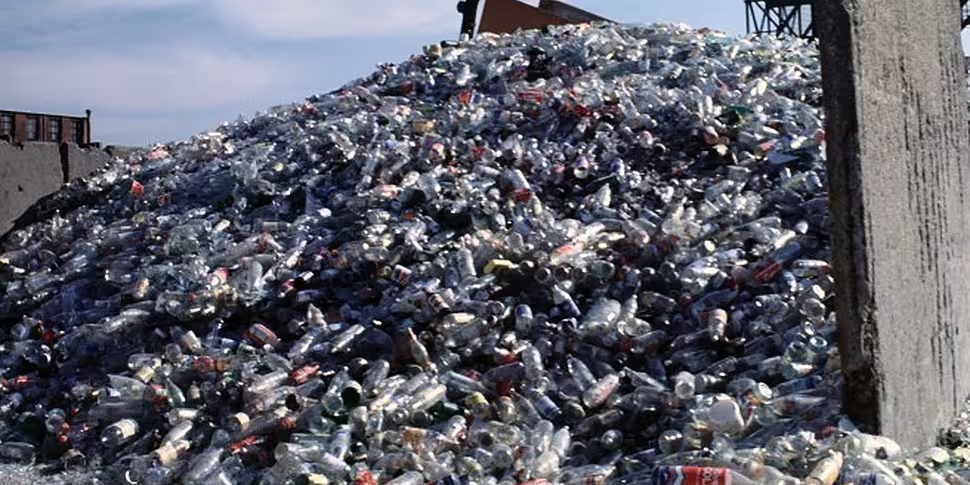Researchers have stumbled across a mutant enzyme that can swiftly break down some of the world's most common polluting plastics.
Scientists at the University of Portsmouth made the discovery while studying a bacterium - believed to be the first to naturally evolve to eat plastic - which was discovered at a waste dump in Japan.
Scientists at the University of Portsmouth studying the enzyme tweaked it in order to see how it evolved.
Tests following the tweak revealed the team had inadvertently encouraged the bacterium to mutate - making it even better at digesting the material.
The breakthrough could provide a solution to the global plastic pollution crisis by enabling the full recycling of plastic drink bottles, which are largely made out of PET (polyethylene terephthalate) plastics.
A new plastic-eating enzyme which could solve one of the world's biggest environmental issues has been discovered by scientists at the University of Portsmouth and @NREL
Read more: https://t.co/40SOf85ZW6 @PNASNews #environmentalscience
Video credit:@upixphotography pic.twitter.com/U56vcpMoeW— University of Portsmouth (@portsmouthuni) April 16, 2018
"Great and a real finding"
University of Portsmouth Professor John McGeehan, who led the research, said the discovery was a "great and a real finding."
"Serendipity often plays a significant role in fundamental scientific research and our discovery here is no exception," he said.
He said further research should speed the process up even further - "moving us closer to a recycling solution for the ever-growing mountain of discarded plastics."
He expressed his hope that the research will open the door for other types of plastics to be turned back to their original building blocks and sustainably recycled.
Plastic crisis

PET plastics take centuries to begin breaking down naturally in the oceans, while the newly-discovered enzyme starts working after a matter of days.
Researchers are optimistic the new mutant enzyme can form the basis of a viable industrial recycling process - fundamentally reducing the amount of plastic in the environment.
A recent report warned that more than 480 billion plastic drinking bottles were sold across the world in 2016 - a 60% increase on ten years before.
Just 14% of the 311 million tonnes of plastic that is produced every year is collected for recycling and as a result, the world's oceans are being choked with catastrophic environmental consequences.
Recycling
Even the bottles that are recycled can only be turned into opaque fibres for clothing or carpets.
The new mutant enzyme could see plastic bottles recycled back into bottles - slashing the need to produce more.
The research was led by teams at the University of Portsmouth and the US Department of Energy’s National Renewable Energy Laboratory (NREL).
It was published in Proceedings of the National Academy of Sciences (PNAS).









